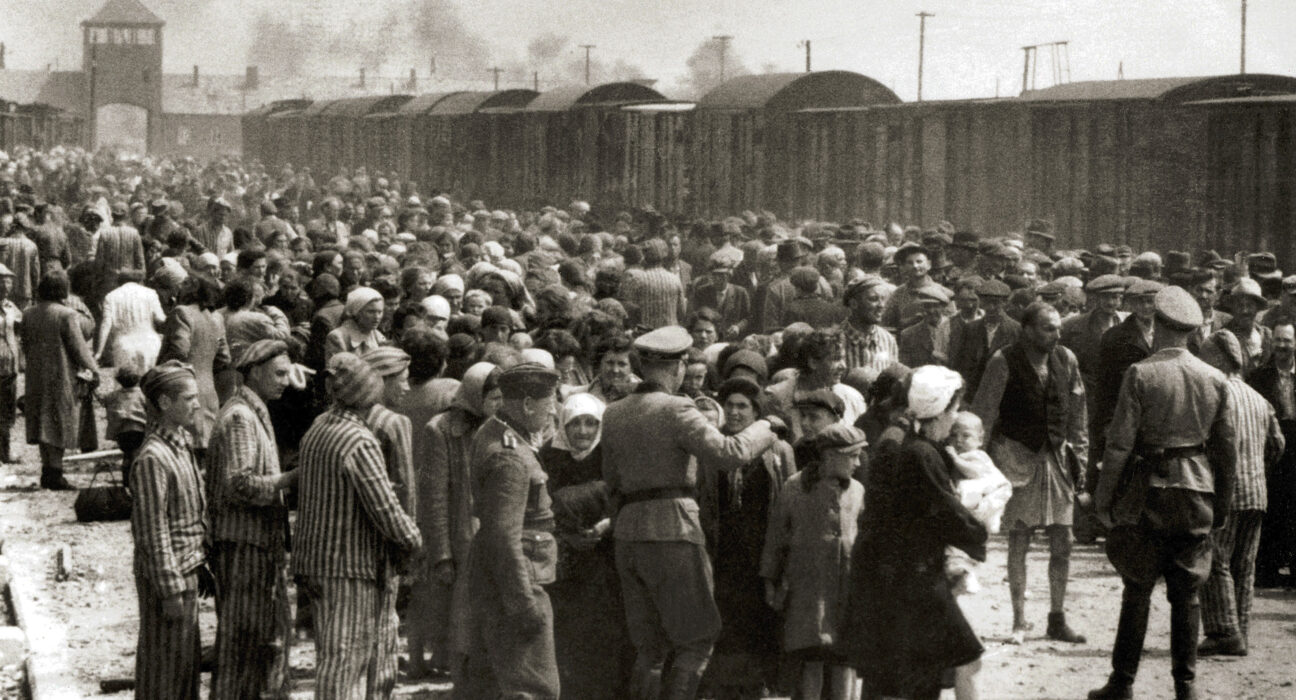by Elisa Garfagna
The concept of transgenerational trauma refers to the transmission of the psychological and social effects of traumatic experiences from one generation to the next. This phenomenon is particularly relevant in the context of the Shoah,i perpetrated by the Nazis during World War II, and anti-Semitism, which continues to manifest itself in various forms in the present day.
The Shoah represented one of the darkest chapters in human history, with the loss of six million lives and the devastation of Jewish communities throughout Europe. The direct victims suffered untold experiences of violence, loss, separation and dehumanization. However, the trauma did not only affect those who directly experienced these events; the consequences spread through the generations, affecting the descendants of the victims.
The testimonies of children and grandchildren of Holocaust survivors frequently reveal symptoms of anxiety, depression, and relationship difficulties. These feelings, often unrecognized as related to historical experiences, may manifest as a kind of “echo” of the pain experienced by their ancestors. Families of survivors, while not having experienced firsthand the horrors of war and extermination, may find themselves facing a legacy of trauma that is reflected in their daily lives.
Anti-Semitism is not a problem that belongs solely to the past; it is a phenomenon that continues to present itself in various forms. Contemporary manifestations of anti-Semitism, ranging from explicit hatred and violence to more subtle stereotyping and prejudice, can reactivate historical trauma.
Modern events, such as attacks on synagogues or assaults on people of Jewish descent, can evoke collective memories of persecution and suffering.
This continued exposure to anti-Semitism not only reenacts historical trauma, but also has a direct implication on the mental health and well-being of contemporary Jewish communities. The fear of being persecuted, the need to defend oneself, and the feeling of vulnerability can undermine social cohesion and individuals’ sense of security.
Transgenerational trauma transmission occurs through multiple channels. Families may transmit narratives, values and behaviors that reflect the lived experiences of their ancestors. In addition, biological and psychological mechanisms, such as genetic predisposition and neurological changes, can affect the trauma response, making subsequent generations more vulnerable to stress and anxiety.
Jewish communities have developed resilience and coping strategies to deal with trauma, including collective memory, commemorations, and education.
It is critical to recognize the power of storytelling and memory as healing tools. Sharing stories, celebrating identities, and promoting open dialogue can help break the cycle of trauma and foster a deeper understanding of lived experiences.
Transgenerational trauma related to the Holocaust and anti-Semitism presents a complex and ongoing challenge. Understanding and addressing this phenomenon requires not only historical reflection, but also an active and ongoing commitment to combat contemporary anti-Semitism and promote a culture of respect and inclusion.
Only through awareness and education can we hope to break the cycle of grief and build a future in which the memory of the victims is honored and the lessons of the past are used to prevent similar atrocities in the future.

